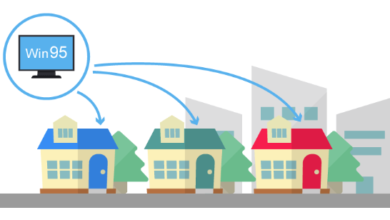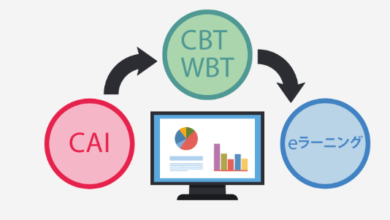How to improves reading comprehension in children

In today’s post, he manages to improve reading comprehension in boys and girls and learns the importance of developing it from an early age.
Although it is true that we are already very immersed in the digital age, books, notebooks and reinforcement materials continue to be one of the most used resources for the teaching and learning process, both in the classroom and at home.
Since it is vitally important to work on reading comprehension for all areas of your life, not only for the field of language, but for the rest of the subjects and of course, your day to day life.
What will you find in this article on how to improve reading comprehension in children?
- What is reading comprehension ?
- Why is it important to work on it as a child ?
- How can we help students to develop it .
Is it the same to read what to understand?
Both reading and reading comprehension are skills that are learned and developed through continuous work, day after day. But it is the same?
The act of reading consists of recognizing letters, words and phrases and being able to enunciate them. But reading comprehension goes further. It is a mental process through which everything we have read is assimilated, thought about and given meaning in our mind.
It is of little use to read a text a thousand times, if there is no process of understanding it. Reading comprehension allows reflection, analysis of information, interpretation and relationship with previous knowledge.
For example, the sentence “the plane took off” only has three words, but understanding them means thinking about the shape of the plane taking off, with people inside, moving to another place, etc.
Why is it important to work and improve reading comprehension from an early age?
“Reading is to the mind what exercise is to the body.” Joseph Addison
Unfortunately, there are many boys and girls who do not perform well academically due to how difficult it is for them to understand what they are reading. There are many reasons and one of them has to do with the insufficient development of this skill.
If we help students understand what they read, it will be easier for them to learn other content. It is important to train this skill from the time children learn to read. When students acquire this ability, they also improve in other subjects.
How to help students develop their reading comprehension?
They used to pose questions like: Who is the main character? What problem do you have? What do you do to solve it? How does the story end?
These questions encourage you to go further, to extract the information and finally understand it.
This strategy continues to be used with an increasing degree of complexity as the student grows older. For example, through work sessions in which they are asked to analyze all the characters in a story, what relationship exists between them, describe the settings where the stories take place, etc.
Here we show you some methods to exercise the child’s reading comprehension , take note:
- Read classic stories and ask questions. Classic tales are passed from generation to generation. Grandmothers passed them on to their children and grandchildren and will continue to do so over time. Who hasn’t read Little Red Riding Hood? You can read this great story with your children, grandchildren, students and at the end ask some questions that will help the little ones to exercise their reading comprehension.
After reading the story, the child must answer:
- Why did Little Red Riding Hood’s mother advise her to go the long way to Grandma’s house?
- What decision do you think Little Red Riding Hood should have made?
- Think that you are Little Red Riding Hood and you meet a wolf who wants to talk to you, what would you do?
In addition to using these questions to make them reflect, we also advise you to:
- Use materials with visual support such as pictograms or illustrations, which help the student to identify words, syllables and letters. This strategy will help the student to improve their reading comprehension ability from the first moment.
- Do exercises such as word searches, crossword puzzles, relationship of elements with arrows, paint or mark the correct answer. These exercises are ideal for developing reading comprehension in a fun and entertaining way.
- Watch a movie and ask questions about the plot and the characters.
- Read jokes or riddles that make them think.
Get boys and girls to understand what they read.
These are just some methods to exercise reading comprehension in primary school children. Although we are sure that you can find many more, but the most important thing is that our job as parents and teachers is to ensure that children develop this skill from an early age.
Since it is a tool that will have a great impact throughout their lives, in their education and academic and professional performance, and will allow them to understand and interpret the world around them.



